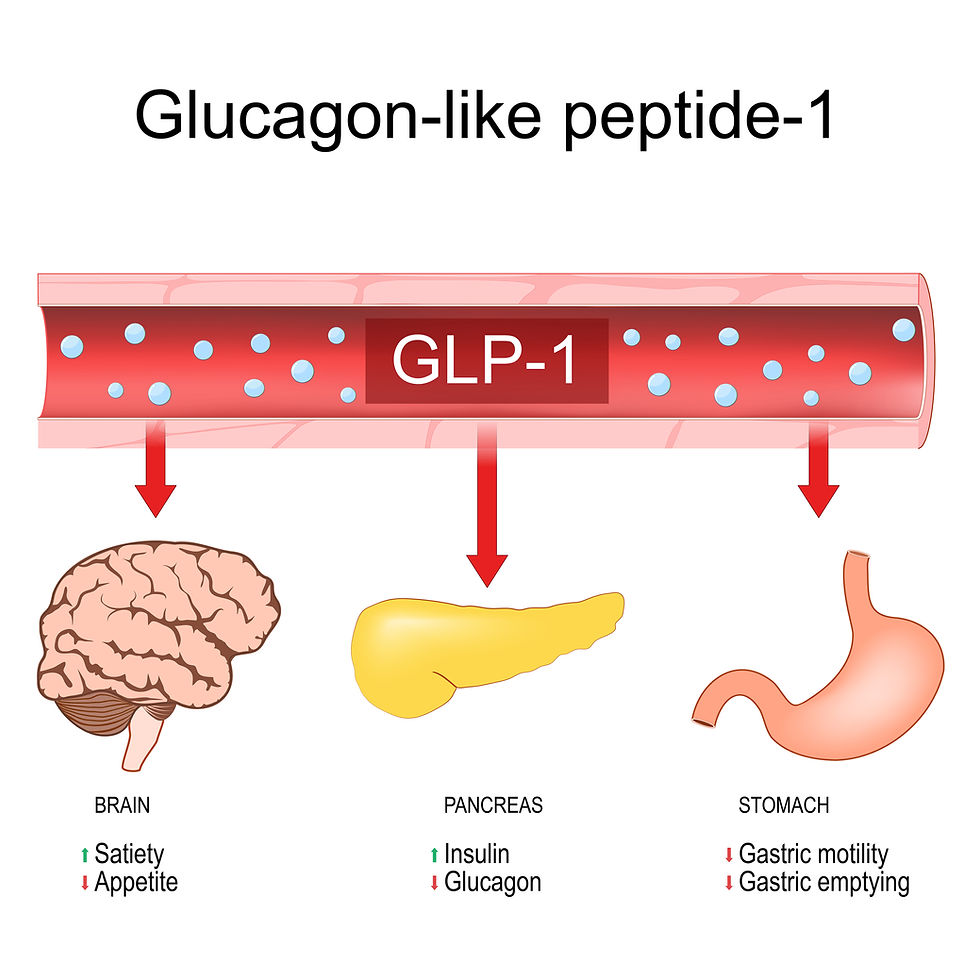Tips for dealing with stress and anxiety, and finding some calm.
- Julie Hodgson
- Dec 18, 2019
- 4 min read
Updated: Mar 2, 2022

If you are suffering with feeling stressed and anxious there are lots of things that can help you feel more calm.
"We often think of mental stress as very much in the head or mind, and needing a psychological approach, or mind over matter approach, but your biochemistry and what is going on at a physical level greatly impacts your mind, how you feel and your stress response".
Making a few changes, tweaking your biochemistry as such, can help you find some calm and feel so much better.
You may find the following tips help, with some being easier to implement than others. They are not in any particular order so start by choosing just one thing to hep you feel better.
1) Ditch the stimulants
It’s so easy to try and perk yourself up, relieve the stress or anxiety with a glass of wine, coffee or chocolate bar when you’re anxious, tired or feeling stressed. But while a little is fine, a regular coffee, sugar or alcohol habit can be a real stress on the body. Caffeine, alcohol and sugar are all stimulants which can cause our blood sugar levels to fluctuate leading to anxiety, mood swings and energy slumps.
The subsequent release of stress hormones also leave us feeling far worse in the long run. They deplete important nutrients such as B vitamins and zinc which we need to keep us calm and focused.
It is worth cutting these down, and you really will notice a difference!
2) Eat protein at each meal
Protein helps maintain blood sugar levels keeping us energized and calm. It also provides important nutrients including magnesium, zinc, B vitamins and calcium, which we require for nerve function and our body’s stress response.
Try to eat some protein such as eggs, meat, poultry, fish, pulses, nuts and seeds at each meal. You ideally need a good hand sized portion at each meal in length and thickness or at least 25grams per meal.
3) Eat fermented foods
Eat fermented foods rich in probiotics shown to help increase GABA levels. Gaba is known as an inhibitory neurotransmitter producing a calming effect on the brain helping with anxiety and stress. Fermented foods also help to improve inflammation and gastrointestinal symptoms so may help alleviate tummy troubles also.
4) Eat foods rich in tryptophan
Tryptophan is a building block for making serotonin, our feel good hormone. It is found in chicken, turkey, fish, yoghurt, oats, eggs and beans.
For a mega dose of tryptophan, try a chicken and bean casserole or smoked salmon and scrambled eggs for breakfast. A great time to start balancing blood sugar early on and benefit from a tryptophan rich meal.
5) Relax with magnesium and calcium rich foods
Calcium and magnesium are both important for nerve function and relaxation. Nuts, seeds, green vegetables, sardines and salmon are good sources of calcium. Nuts and greens also provide good levels of magnesium, along with brown rice, oats, rye, buckwheat and quinoa.
You may also want to consider a supplement, especially of magnesium, which around 400mgs is a good start, or use Epsom salts in your bath.
5) Be calm with B vitamins
The B vitamins are vital for combating stress and anxiety. Vitamin B5, the ‘anti-stress’ vitamin for example, is particularly important as it plays a central role in adrenal function and our stress response. Increase your B vitamin intake with nuts, seeds, eggs, lamb, chicken, rye, oats, lentils and quinoa.
6) Get your oats
Oats are a complex carbohydrate which means they are great for stabilising energy levels. Oats contain a substance called gramine which is said to have calming properties and herbalists often recommend oat tincture to combat anxiety. Get your day off to a relaxing start with a bowl of warming porridge – sprinkle with nuts and seeds for added protein and nutrients.
7) Calm yourself with herbs
Chamomile, valerian, passionflower and l-theanine in green tea, especially high in Matcha green tea, can all help promote relaxation. Valerian is also useful to aid sleep and has been used since Roman times for relaxation. The ritual of making and drinking a herbal tea may also help you feel calm.
8) Take time for yourself
Don't feel guilty taking me-time! Everybody will benefit including those around you. ‘Me -time’ could include reading a book, going for a walk, swimming, meditation, deep breathing, a warm bath with Epsom salts, or anything you find relaxing (colouring, sewing, knitting).
Don’t feel guilty about spending this time, shutting the door on the world every now and then, we all need it! – you will feel so much better for it!
9) Go outside
Research has shown that getting outside in nature, amongst the greenery can boost mood and lessen anxiety, and really is one of the best things you can do! Next time you feel anxious, try a walk in the park or countryside, go for a bike ride or anything outside. Wrap up warm and get invigorated.
10) Laugh, find joy and have fun!
How many people are lost in the everyday? When did you last experience Joy? Having a good laugh is one of the best things you can do for health. Whether it's a chat with good friends for a gossip and a giggle, watching a good comedy or something that makes your heart smile. Have a think about what you love doing. What makes you feel alive, what did you used to enjoy?
I hope some of these help. If you are struggling be sure to talk to somebody, or get in touch.
Julie xx
Click here to find out more about my programmes and how I help clients tackle chronic health conditions though nutrition and lifestyle medicine. Getting your nutrition right and addresses underlying imbalances contributing to your symptoms can help improve your physical and mental health, helping you feel 100% better.





Comments